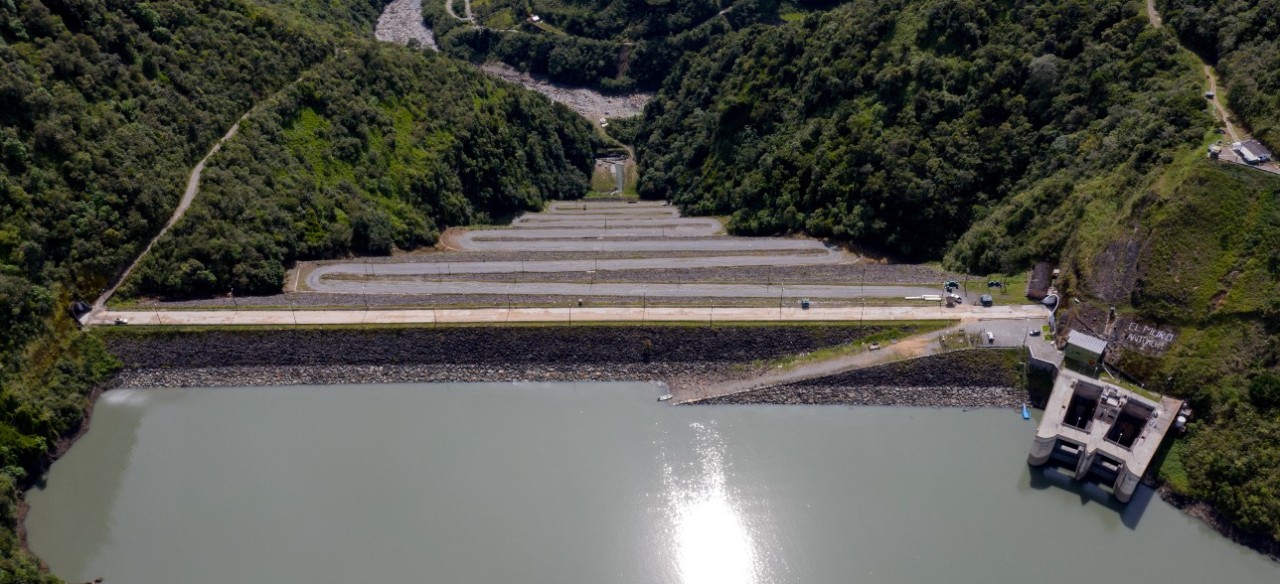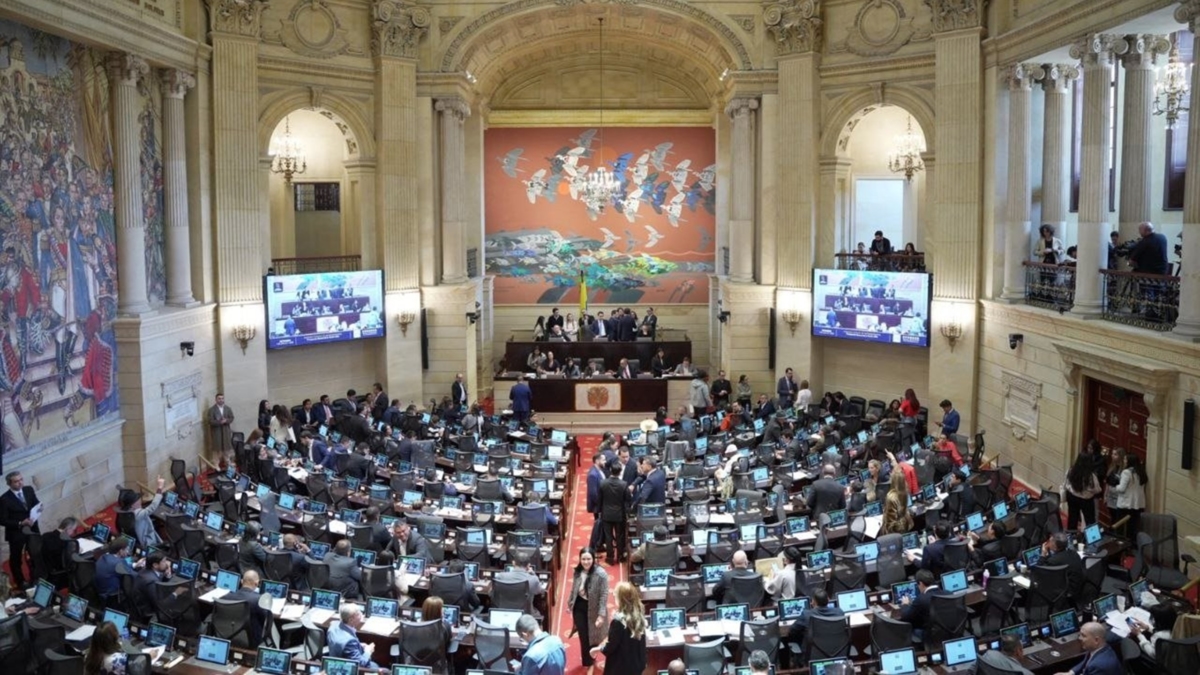The Petro administration issued a decree to limit energy costs, but companies say it represents a "disproportionate intervention in the market."

The Ministry of Mines and Energy issued a decree establishing public policy guidelines to limit the cost of electricity and generate tariff stability in the country.
He explained that this initiative seeks to protect Colombian households from energy price volatility, especially when El Niño events increase the costs of thermal generation.
Therefore, the Creg has three months to implement mechanisms to ensure that hydroelectric generators sell at least 95 percent of their energy through contracts.

Hidroituango Photo: EPM
New flexible contracting instruments and strategies to promote non-conventional renewable energy sources in Colombia, such as solar and wind, must also be created.
However, Acolgén expressed deep concern about the issuance of this decree and asserted that these measures represent a disproportionate intervention in the market.
Furthermore, they claim they undermine free competition, system efficiency, and legal certainty, putting the financial sustainability of companies and the country's long-term energy reliability at risk .

Photo: iStock
"The decree, under the justification of protecting vulnerable users, imposes a straitjacket on hydroelectric generators that weakens the principles of a competitive and efficient market," the union asserted.
Furthermore, it warns that the medium- and long-term consequences will be counterproductive and will result in lower investments in generation, jeopardizing the amount of energy available in the future and posing financial risks for generating companies.
Acolgén believes the most damaging measure is the requirement imposed on hydroelectric generators to sell "at least 95 percent of hourly generation" through contracts.

Photo: Enel Colombia
"The regulation seems to ignore the variable nature of hydrology (rainfall). Forcing 95 percent hourly contracting is operationally unfeasible and risky," he said.
The union also questions the need for the Creg to design "flexible contracting mechanisms" in record time. This, rather than simplifying the situation, would add a layer of regulatory complexity that could prove inefficient and bureaucratic.
"It is imperative to point out that the regulation establishes unequal regulatory treatment that affects free competition between technologies. Specifically, it imposes a procurement obligation solely on hydropower technology, excluding other generation sources (solar, wind, and thermal)," he added.
eltiempo





